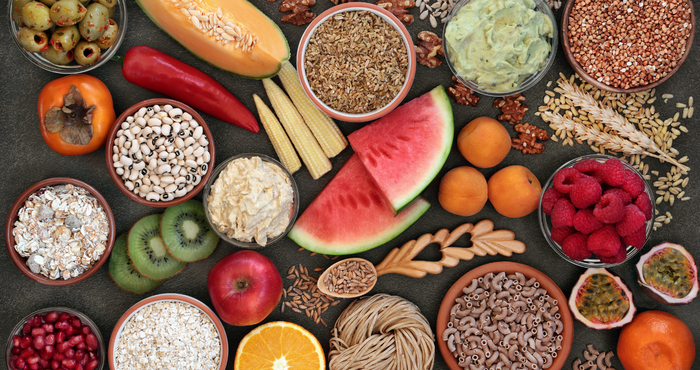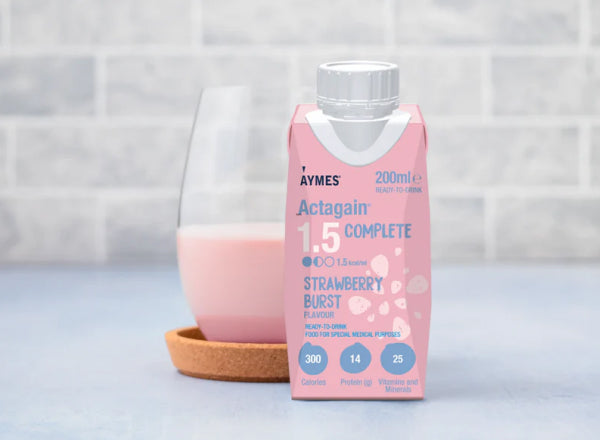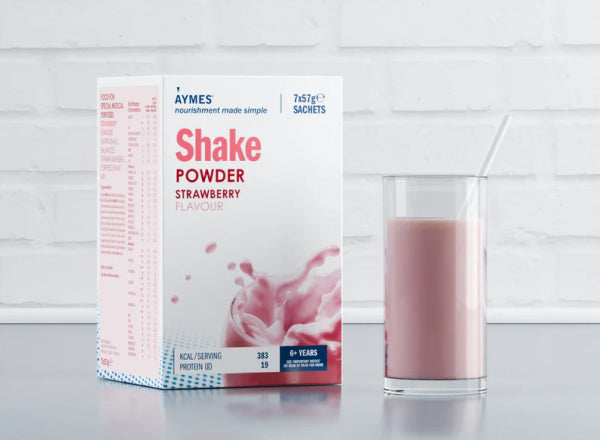
Constipation is a very common problem impacting people of all ages. On average, constipation affects one in seven adults and its prevalence increases with age. Furthermore, more women are more likely to experience constipation than men.1,2
There is no agreed definition of what constipation is, however it is often defined by health professionals as passing less than three bowel movements a week. However, you will probably find that constipation means different things to different people. Patients are often most bothered by straining, hard stools which are difficult to pass and the feeling of incomplete bowel emptying.3
The Rome foundation have drawn up a formal diagnostic criteria for functional constipation (FC).4 The criteria suggests that a diagnosis of functional constipation should be made when two or more of the following are present:
- Straining during >25% of defecations
- Lumpy or hard stools (Type 1-2) >25% of defecations
- Sensation of incomplete evacuation >25% of defecations
- Sensation of anorectal obstruction/blockage >25% of defecations
- Manual manoeuvres (e.g. digital evacuation, support of pelvic floor) to facilitate >25% of defecations
- Fewer than 3 spontaneous bowel movements per week
If abdominal pain is also present, the diagnosis of constipation predominant irritable bowel syndrome (IBS-C) should be made. A diagnosis of functional constipation or IBS-C is made when no secondary causes are identified.4
Fibre manipulation
Increasing fibre intake is often recommended as a first line strategy for constipation management to help bulk stool and increase transit time. Research5 suggests that every 1g increase in fibre can increase stool weight by 4g. A larger bulk helps stimulate propulsive contractions in the colon, thus shortening transit time and reducing water reabsorption so softer stools are passed.6 Furthermore, fibre plays a significant role in stimulating the growth of beneficial gut bacteria.
How much fibre should we aim for?
The current general population fibre guidelines recommend 25g for women and 30g for men per day.5 However the evidence is lacking on whether this recommendation is applicable to individuals with FC or IBS-C.
It is important to undertake a detailed assessment and set a personalised fibre goal when managing FC or IBS-C. Additionally, selecting the right type of fibre is important to help achieve regular bowel movements without worsening bloating, distention and wind especially in individuals with IBS-C due to gut hypersensitivity.7,8 The rate and level of fermentability of different fibres is important, with slow and minimally fermented fibres shown to be better tolerated in individuals with IBS.9 However it is important to note that the fermentation profiles are based on test tube studies, therefore, this many not necessarily translate in humans. More human studies are needed to determine gas build up on consumption of different dietary fibres.
It is important to consider the fibre’s chemical and physical properties (e.g. solubility, viscosity, fermentability etc) and that a clinically effective dose is used. Few good quality studies have been carried out to look at the impact of different fibre on constipation. Table 1 summarises different fruit and fibre supplements often used in the management of constipation in the UK including proposed benefits, recommended dose and potential side effects.9-35
There is good evidence to support the use of psyllium, however the quality of the evidence to support the use of the other fruit and fibre supplements (outlined in Table 1) is low. However a randomised controlled trial (RCT) by Chey et al34 comparing psyllium, prunes and kiwifruit found all treatments effective by increasing the number of bowel movements, reducing straining and improving the sensation of incomplete bowel emptying. Out of the three, kiwifruit significantly improved bloating and was less likely to contribute to side effects such as abdominal pain, and wind.34 These findings were also replicated by Bayer et al.35 This indicates that kiwi is a great budget friendly and palatable option which can easily be included as part of first line dietary advice.
The bottom line
Simply asking individuals with FC or IBS-C to increase their fibre intake may not be effective. A detailed assessment and history can help inform the best choice of fibre to recommend, and what may be the most effective and acceptable choice. More robust good quality studies with standardised treatment and outcomes are needed to help inform decision making.
Whilst this article has focused on fibre intake, it is only one part of the puzzle when managing constipation and it is important to address eating patterns, hydration, other potential triggers, and non-dietary interventions such as exercise levels, stress management and toileting posture and habits. A detailed assessment, use of clinical judgement and working closely with the multidisciplinary team is important to achieve the best clinical outcomes.
Table 1: Summary of different fibres and impact on constipation 9-35
|
Fruit/ Fibre supplement |
Properties |
Outcome |
Clinically effective dose |
Possible side effects |
|
Fruit based laxatives |
||||
|
Prunes |
|
|
50g twice a day |
High in sorbitol and fructans which may cause gastrointestinal symptoms in IBS. |
|
Kiwifruit |
|
|
2 daily with or without skin |
Overall well tolerated. |
|
Soluble fibres |
||||
|
Psyllium/ Ispaghula husk |
|
|
10g per day* |
May cause bloating and wind. |
|
Partially hydrolysed guar gum (PHGG) |
|
|
5-7g per day* |
May cause wind in IBS. |
|
Ground flaxseeds/linseeds |
|
|
2 tbsp of whole or ground linseeds per day. |
May cause wind. |
|
Insoluble fibres |
||||
|
Wheat bran (coarse) |
|
|
10-20g/d |
Poorly tolerated in IBS, worsening pain, bloating and wind. Fine wheat bran worsens constipation |
|
Mix of soluble and insoluble |
||||
|
Oat bran |
|
|
5-8g per day or 2 oat bran biscuits |
May cause wind |
|
Fruit/ Fibre supplement |
Properties |
Outcome |
Clinically effective dose |
Possible side effects |
|
Fruit based laxatives |
||||
|
Prunes |
High in fibre Polyol sorbitol and phenolic compounds are poorly absorbed acting as osmotic agents |
Increases stool frequency Improves stool consistency |
50g twice a day |
High in sorbitol and fructans which may cause gastrointestinal symptoms in IBS. |
|
Kiwifruit |
High in fibre Great water holding capacity Enzyme actinase may promote laxation |
Reduces colonic transit time Decreases straining Increases stool frequency Reduces abdominal bloating |
2 daily with or without skin |
Overall well tolerated. |
|
Soluble fibres |
||||
|
Psyllium/ Ispaghula husk |
Soluble Low viscosity Mucilaginous Gel-forming Stool bulking Slow and intermediately fermentable |
Increases stool frequency Improves stool consistency |
10g per day* |
May cause bloating and wind. |
|
Partially hydrolysed guar gum (PHGG) |
Soluble Gel-forming Slow fermentation rate Mildly fermented Prebiotic fibre |
Increases stool frequency Helps normalise stool form, softening hard stool and firming up loose stool Improves feeling of incomplete evacuation Improves bloating and gas |
5-7g per day* |
May cause wind in IBS. |
|
Ground flaxseeds/ |
Insoluble Gel-forming Slowly fermentable |
Relieves constipation Reduces abdominal discomfort and bloating in IBS-C |
2 tbsp of whole or ground linseeds per day. |
May cause wind. |
|
Insoluble fibres |
||||
|
Wheat bran (coarse) |
Insoluble Slow & minimal fermentability Irritates the gut lining which leads to water secretion and increase contractions. |
Increases gut transit time Improves stool consistency |
10-20g/d |
Poorly tolerated in IBS, worsening pain, bloating and wind. Fine wheat bran worsens constipation |
|
Mix of soluble and insoluble |
||||
|
Oat bran |
Moderate fermentability Gel forming |
Increases stool weight Improves stool consistency |
5-8g per day or 2 oat bran biscuits |
May cause wind |
*Ensure that these are always taken with plenty of fluids.


















